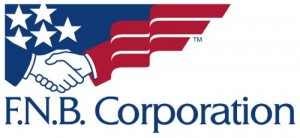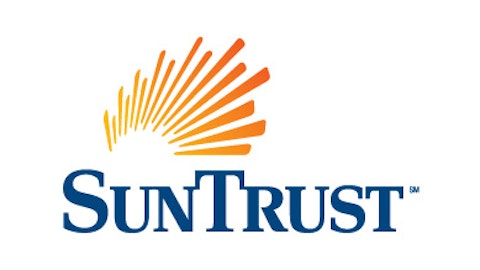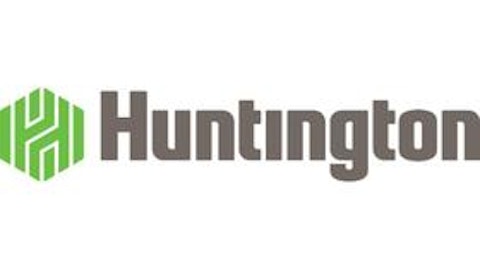
Although this specific deal is not particularly large, it offers a sizeable arbitrage premium and has several noteworthy attributes. Short-term investors and arbitrageurs should be particularly enthusiastic about it. However, some lingering doubts about the deal’s viability remain. Although F.N.B. expects the deal to go through by the end of the first quarter of 2013, this timeline is subject to change. Investors should carefully investigate this situation before establishing a position in either of the companies involved.
The Banks at a Glance
F.N.B. Corp (NYSE:FNB) and BCSB Bancorp Inc (NASDAQ:BCSB) compete with a number of other regional banks that do business in the Rust Belt and mid-Atlantic regions of the United States. They must also contend with national players like PNC Bank (PNC) and Bank of America (BAC). However, their most robust regional competitor is probably Columbus, Ohio-based Huntington Bancshares Incorporated (NASDAQ:HBAN). A brief financial comparison between these three companies is appropriate.
With just over a dozen branches in the Baltimore metro area, BCSB Bancorp Inc (NASDAQ:BCSB) is the smallest of the three firms. In the wake of the buyout offer, the company has a market capitalization of just under $70 million. For comparison, F.N.B. Corp (NYSE:FNB) has a market cap of more than $1.5 billion. Huntington Bancshares Incorporated (NASDAQ:HBAN)’s valuation comes in at just shy of $6.5 billion. However, it is important to note that Huntington Bank has far more branches and does business in a wider geographical area than its peers.
In 2012, BCSB Bancorp Inc (NASDAQ:BCSB) earned $1.7 million on revenues of about $20 million. This compares to a more robust take of $117 million on revenues of $476 million for F.N.B.. Huntington Bancshares Incorporated (NASDAQ:HBAN) exceeded both of these figures with a profit of $607.6 million on a total take of $2.7 billion. Unlike many of their peers, these three banks have avoided serious debt problems. In fact, BCSB has just $17 million in outstanding debts to offset an attractive cash hoard of $45 million. F.N.B. Corp (NYSE:FNB) has a more typical balance of $1.3 billion in debt and $213 million in cash. Huntington carries about $2.5 billion in debt and $1.4 billion in cash on its books.
How the Deal Is Structured
The terms of this all-stock deal are straightforward. On the closing date, BCSB shareholders will receive 2.08 shares of F.N.B. stock for every single share of BCSB that they own. F.N.B. Corp (NYSE:FNB) estimates that this offer will take place at a price point of roughly $23.77 per share. Relative to BCSB Bancorp Inc (NASDAQ:BCSB)’s current stock price of $21.80, this represents a premium of about 9 percent. However, a sustained fall in F.N.B.’s share price could reduce this figure by a substantial amount.
Potential Complications and Legal Issues
It would be premature to celebrate this deal’s completion. The matter must still be subjected to a full shareholder vote, and its pricing has attracted unwelcome attention from a number of shareholder-rights law firms. Although no lawsuits have yet been filed, a preliminary legal investigation has been launched to determine whether BCSB Bancorp Inc (NASDAQ:BCSB)’s board was sufficiently diligent during the pre-deal shopping period. It is too early to say for sure that the deal will fall through. However, its very high arbitrage premium suggests that shareholders are wary of its “fine print.” Investors who wish to play it directly should take steps to protect themselves in the event that it does collapse.



